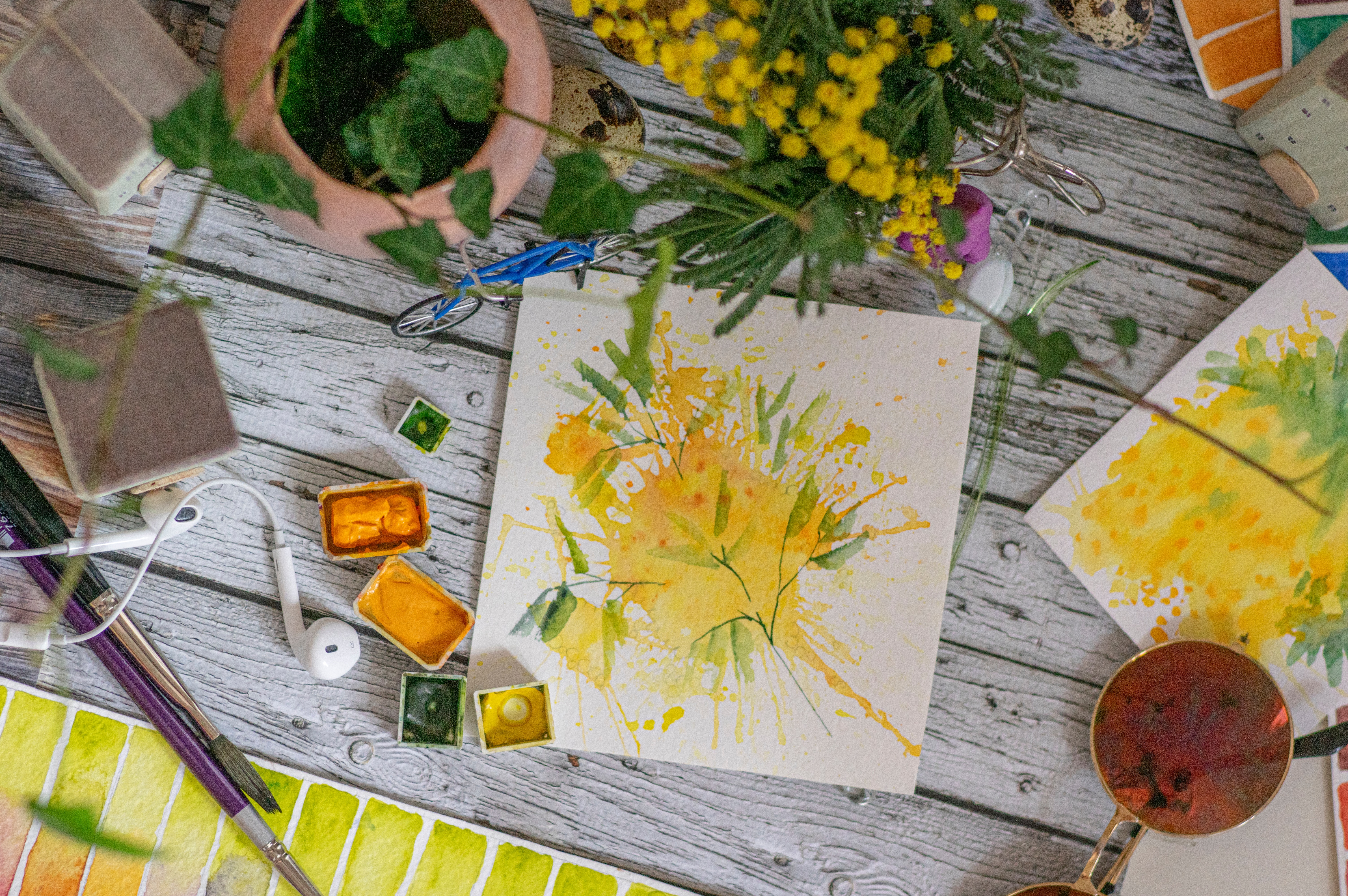Hobbies have been a part of human history for as long as we can remember. People have always sought out activities that bring them joy, relaxation, and a sense of fulfilment outside of their work and daily responsibilities. From painting, to collecting stamps and coins, to playing sports and musical instruments, hobbies have evolved over time to reflect changes in technology, society, and culture.
A Brief History of Hobbies
While people have always had creative outlets, the concept of hobbies as we know it today started to emerge in the late 19th century during the Industrial Revolution. As people began to have more leisure time and disposable income, they started to pursue activities that were not necessarily tied to their work or social obligations. Hobbies became a way for people to express themselves, learn new skills, and connect with like-minded individuals.
One of the most popular hobbies during this time was photography. With the invention of the Kodak camera in 1888, amateur photographers could capture and preserve their memories in a way that was previously impossible. Photography clubs and magazines also emerged, creating a community of enthusiasts who shared their techniques and experiences.
Another popular hobby during this time was collecting. People collected everything from stamps and coins to fossils and art. Collecting allowed individuals to learn about history, geography, and other cultures while satisfying their curiosity and desire for novelty.
Who still has a hobby these days?
Today, hobbies continue to be an important part of people's lives. In fact, with the rise of technology and the gig economy, some experts argue that hobbies are more important than ever. Although on the flip side there's also an increasing amount of pressure that time is only well spent if you can monetise it. Build an audience on Instagram, sell your products.
But if you manage to create for creating's sake, it allows you to unplug from the constant demands of work and social media, and helps to reduce stress and improve mental health.
Having a hobby also provides you with a sense of purpose and accomplishment. When we engage in activities that we enjoy and are passionate about, we feel a sense of mastery and pride in our abilities. This can boost our self-confidence and give us a sense of meaning and fulfillment outside of our professional and personal responsibilities.
Hobbies can also help us develop new skills and interests. Whether it's painting or taking up a new sport, hobbies allow us to expand our horizons and challenge ourselves in new ways, which in turn can lead to personal growth and a greater sense of satisfaction in life.
In conclusion, hobbies have a rich history and continue to be an important part of our lives today. They provide a way for us to connect with others, express ourselves, and find joy and fulfillment outside of our work and daily responsibilities. Whether it's photography, collecting, or any other hobby, finding activities that bring us joy and fulfillment is essential for our overall well-being and happiness.
.png?width=70&height=500&name=TSLP%20(3).png)
.png?width=300&height=500&name=THE%20STRESS%20LESS%20PENCIL%20(3000%20%C3%97%20500%20px).png)

Comments